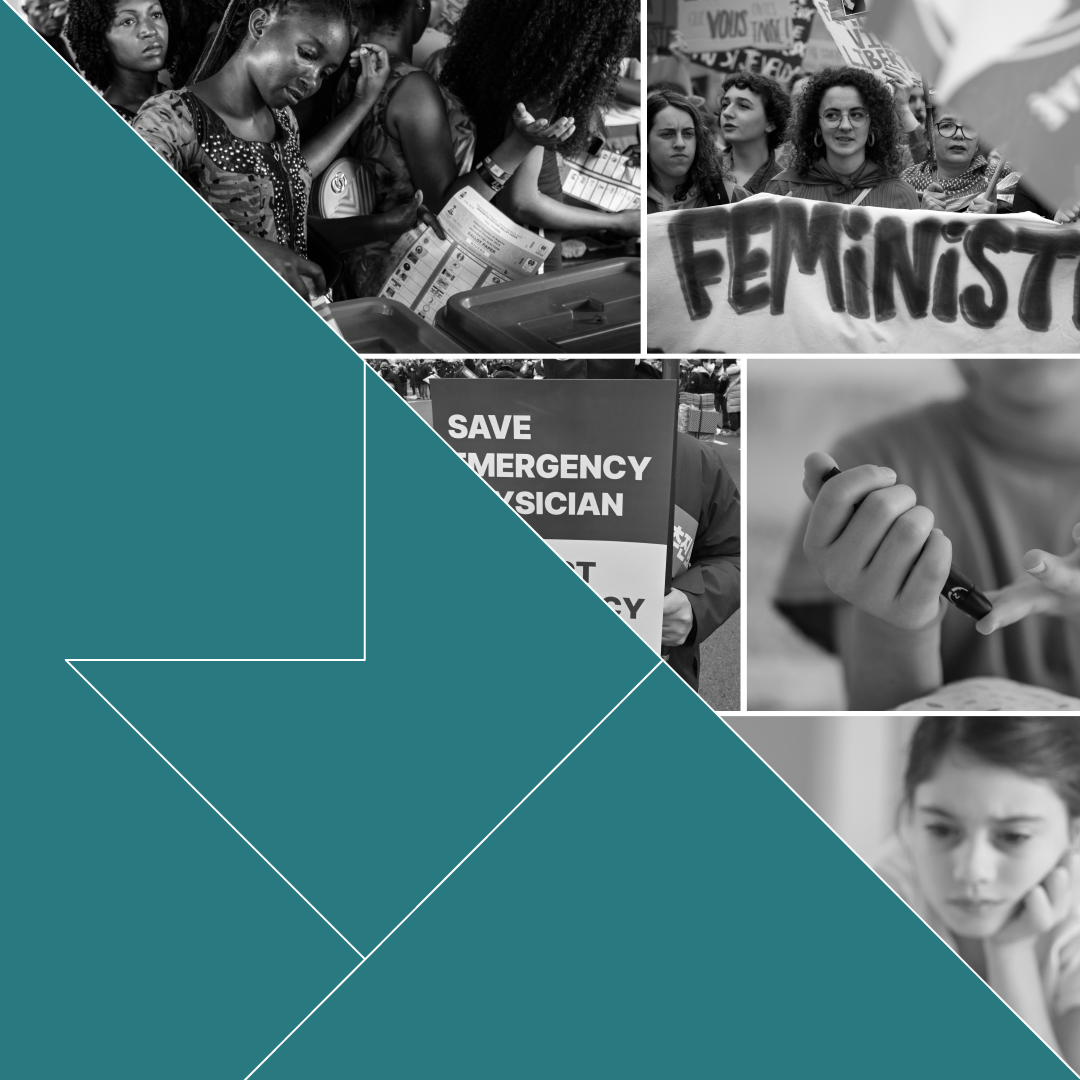- Global (EN)
- Africa (EN)
- Australia (EN)
- Belgium (EN)
- Brasil (PT)
- Canada (EN)
- Canada (FR)
- China (CN)
- France (FR)
- Germany (DE)
- Germany (EN)
- Hong Kong, China (EN)
- India (EN)
- Indonesia (EN)
- Ireland (EN)
- Italy (IT)
- Italy (EN)
- Japan (JP)
- Korea (KR)
- Latin America (ES)
- Malaysia (EN)
- Middle East (EN)
- Netherlands (EN)
- Spain (ES)
- UK (EN)
- Global (EN)
- Africa (EN)
- Australia (EN)
- Belgium (EN)
- Brasil (PT)
- Canada (EN)
- Canada (FR)
- China (CN)
- France (FR)
- Germany (DE)
- Germany (EN)
- Hong Kong, China (EN)
- India (EN)
- Indonesia (EN)
- Ireland (EN)
- Italy (IT)
- Italy (EN)
- Japan (JP)
- Korea (KR)
- Latin America (ES)
- Malaysia (EN)
- Middle East (EN)
- Netherlands (EN)
- Spain (ES)
- UK (EN)
- Health empowerment, where you have ownership of your health and feel confident about decisions, is widespread across the globe.
- At the same time, trust in societal institutions to do what’s right with your health is in decline, as are expectations for how involved they’ll be.
- Empowerment without trust in the healthcare ecosystem risks the best health outcomes.
Empowerment is a good thing — most of the time. In healthcare, consumers are increasingly making decisions for themselves based on their own sources of information. But empowerment without trust will lead to less preventive care, rejection of innovation, and less adherence to public-health guidelines. That’s the central finding of the 2024 Edelman Trust Barometer Special Report: Trust and Health, covered exclusively in Axios.
Nearly two-thirds of respondents say they feel empowered to manage their own health. In 14 of the 16 countries we surveyed, empowerment is the majority mindset across political differences, age groups, and income levels. Yet, for too many, this self-assured attitude is built on a foundation of sand — a delusion exacerbated by the pandemic. It reflects deep concern about politics overly influencing medical science and relies on untrustworthy sources of information.
Trust has moved local, with the primary responsibility for good health outcomes on the patient (85%) and his/her primary care physician (79%), up 8 and 10 percentage points in a year, respectively. There has been a massive nine-point drop in the role My Employer and Business are expected to play in health in the last year. Just 40% of employees say they expect their employer to play a big or huge role in making sure they are as healthy as possible and only 33% of the general population say they expect Business to play a big role. NGOs and Media are at the bottom with 33%. Government is the best of a bad lot at 50% trust. These declines are matched by widespread losses of trust in traditional institutions to do what is right on health.
As institutional players recede in influence, the MD — at 83% trust — has emerged as the gatekeeper of trust, followed closely by pharmacists (73% trust to tell the truth about health) and my friends/family (70%). That is nearly double the percent who trust healthcare CEOs (45%) and government leaders (39%). These trends have expanded the remit for doctors beyond physical healthcare. Patients are also looking to their doctors for guidance on public health and as a shield against misinformation.

Nearly two-thirds of respondents say they worry about the politicization of medical science.

The information ecosystem has been deeply damaged by the experience of the pandemic. Trust in accurate health reporting has plummeted in the past five years. Since January of 2019, the declines are stunning: in the US (minus 21 points from 56% to 35%), Canada (minus 24 points from 63% to 39%), and South Korea (minus 24 points from 58% to 34%). Aside from Singapore, none of the developed markets surveyed have over 40% trust in health reporting.
Notably, only 31% of respondents expect the media to play an important role in keeping them healthy. Journalists are now the least trusted institutional source of truthful information on health, down 10 points this year to 35%. Contradictory advice and changing health recommendations have become huge barriers to good health and now information concerns (58%) are as important as cost concerns (62%) and access (51%) as an obstacle to positive health outcomes.
Another factor is political orientation: Forty one percent of 18-34 year olds will either not trust or stop seeing their care provider unless the provider shares their political beliefs. Nearly two-thirds of respondents say they worry about the politicization of medical science. And, when it comes to shaping public opinions on health policies, global health authorities such as the W.H.O. are nearly half as influential as doctors, while national health authorities, such as the C.D.C., are one-third less influential.
There are important consequences to these findings. Innovation will be stifled, with artificial intelligence rejected in patient interaction, diagnosis, and drug development by a nearly 2 to 1 margin, on average, by those with lower trust in the healthcare ecosystem — among the empowered, those with lower trust have 41% rejection vs just 25% of those with higher trust. There is also a 15-percentage point difference in full vaccination status against Covid-19, at 54% of empowered consumers with higher trust vs. 39% of empowered consumers without.
Dr. David Nabarro has been working as the World Health Organization’s Special Envoy on Covid-19 since 2020. “The anger and frustration that remain undermine people’s ability to trust health leaders,” he says of the effects of the pandemic on public trust. “We need to meet people where they are, hear how and why their trust is broken, and work with them to restore it.” Doing so, he adds, will require substantial time and resources.
The recent rise in health empowerment must be paired with higher trust in the healthcare system to achieve optimal health outcomes. Think of a seesaw in the playground: For the children to have fun, participants need to be somewhat equal in size. When empowerment and trust work together, there is a significant uptick in personal health outcomes, with 81% of respondents reporting good or better health, 24 points above those who are under-empowered and less trusting.
The road to regaining trust begins by acknowledging that public concerns about the trustworthiness of scientific, political, and institutional authorities are valid and need to be thoughtfully addressed. We should close the gap between Science and Society by rejecting elitism. We must focus on better outcomes, not political point-scoring. Doctors and nurses must be cherished as the last bastion of trust; they need fewer administrative burdens so they have more time to fill the information vacuum. Finally, we must show people that institutions will support them, not hinder them, as they become more active participants in their own good health.
Richard Edelman is CEO.





